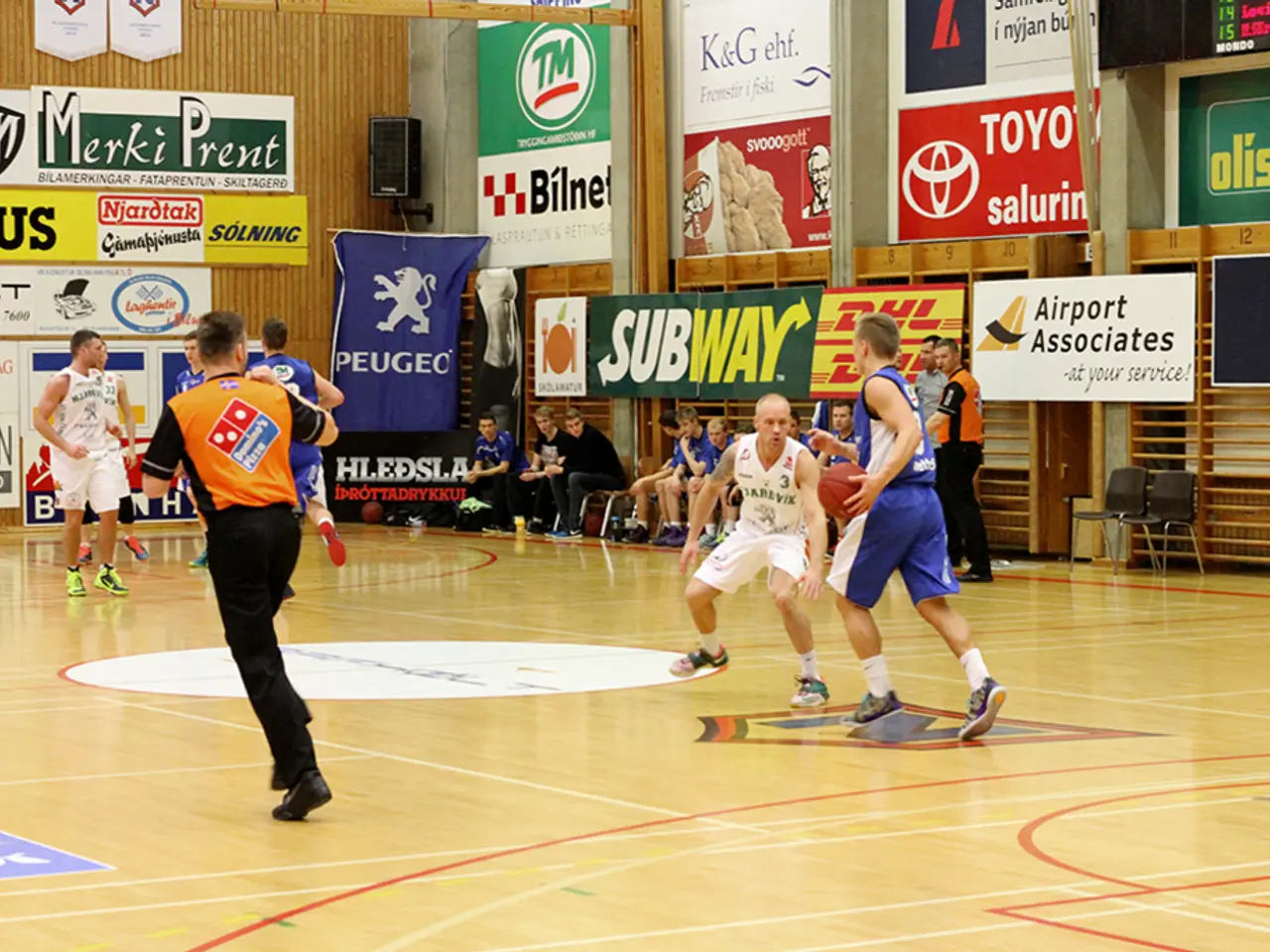Escalating debate surrounds the Czech entry for the Oscars after film 'Broken Voices', a controversial abuse drama, faces accusations of 'basic ethical missteps' and 'deceitful assertions'.
In the heart of the Czech Republic, a film titled "Broken Voices" has sparked an early Oscar controversy, with allegations of ethical missteps in its creation. Directed by Ondřej Provazník, the film delves into the abuses suffered by young singers of the Bambini di Praga choir.
The filmmakers claim that they developed and produced "Broken Voices" with the highest ethical standards at every stage. However, this claim has been met with scepticism, as some argue that the film closely parallels a real victim’s story without consent, raising serious ethical questions.
Radovan Síbrt, a prominent member of the CFTA and the brother of one of the girls who were abused as children by Bohumil Kulínský, the choirmaster of the Bambini di Praga choir, has been at the forefront of these criticisms. Síbrt argues that the ethical principles weren't respected while making "Broken Voices," including transparency toward real-life victims and sensitivity when dealing with identifiable characteristics.
Síbrt's sister, who was only 12 years old at the time of the abuse, later spoke publicly about her experience. She sought psychological support after learning about the film and felt deceived, as she believed the film was not about the Bambini di Praga case or her story. The filmmakers contacted her back in 2019 when the script was still in development, but she refused to participate due to the trauma.
The filmmakers later reached out to his sister again during the production stage, seeking her consent to use the name Karolína for the main character. However, the filmmakers proactively informed one of the survivors about the name match and invited them to read the script, but no request for a change was ever made.
Provazník, in his interview with Variety, mentioned multiple references for the fictional story, including the Bambini di Praga case, Dominik Feri and Jan Cimický accusations, Vanessa Springora's memoir "Consent," "Jeffrey Epstein: Filthy Rich" and "Leaving Neverland." Despite this, the director denies basing characters on specific individuals, stating the story is a fictionalized account only generally inspired by real events linked to the choir's history.
The controversy stems from the decision of the Czech Film and Television Academy (CFTA) to urge its members to vote for "Broken Voices" as this year's submission. Síbrt argues that the use of his sister's name, Karolína, in the film is problematic, as it is the same name as his sister who was a victim in the Bambini di Praga case.
While the film does not appear to have named or directly identified a real victim without permission, it has been criticized for closely paralleling a real victim’s story without consent, raising serious ethical questions about retraumatization and the responsibilities of filmmakers in depicting sensitive real-life abuse cases. Doubts about the ethical boundaries between fictionalization and exploitation have been raised in Czech film circles and media, with some accusing the film of “fundamental ethical failure” and possibly misleading claims.
The controversy surrounding the movie "Broken Voices" extends beyond the Czech Republic, with discussions touching upon social media platforms and pop-culture circles. Critics question the film's ethical practices, as they feel it closely mirrors a real victim's story without obtaining consent, causing concerns about retraumatization and exploitation.
Meanwhile, movies and TV shows that carefully navigate sensitive topics, such as celebrities' personal lives or the entertainment industry, can serve as informative and thought-provoking examples, highlighting the importance of ethical standards and transparency in portraying real-life events.







